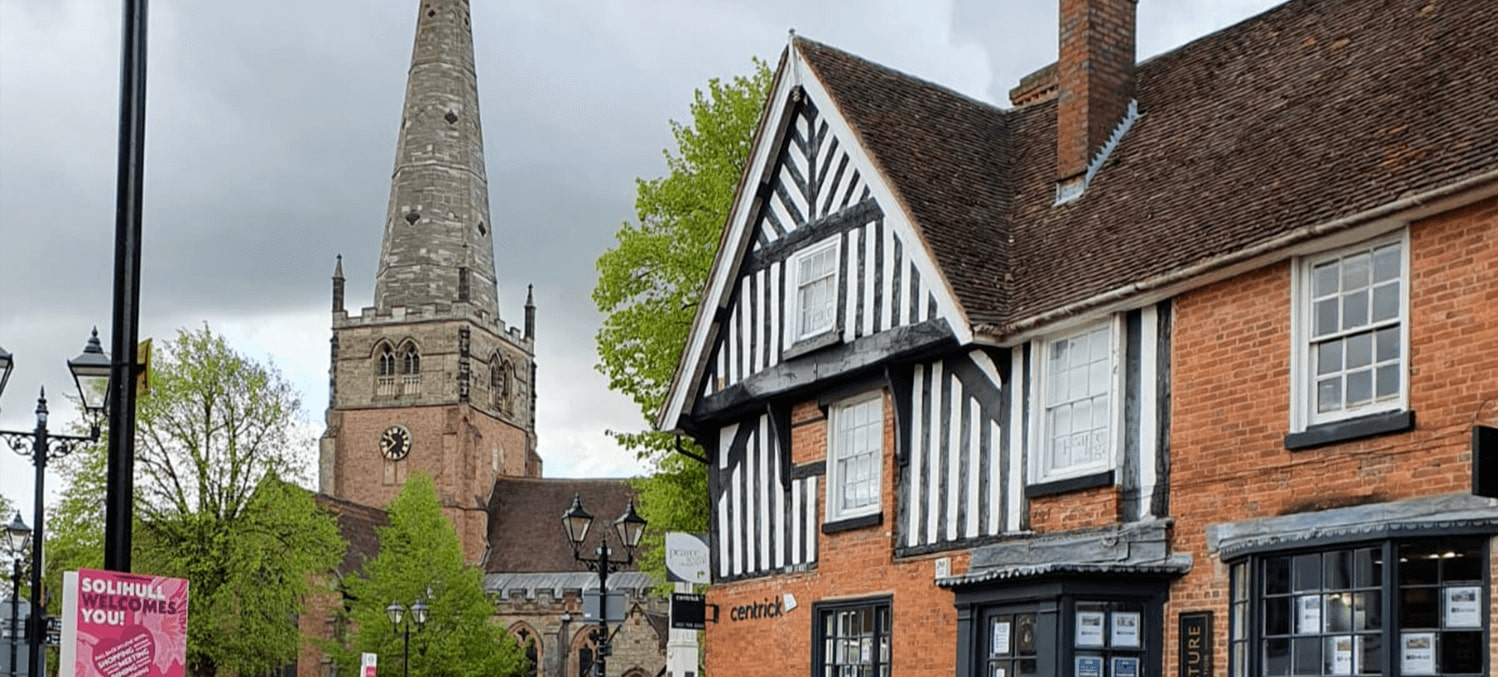Solihull has previously been named as the best place to live in the UK, based on factors such as salaries, disposable household income and life expectancy.
It is considered an affluent area, with a bustling town centre, ample green space, and excellent schools.
It has relatively older population. Population projections based on the 2014 population estimates indicate the relative ageing of the Solihull population will continue and by 2033 those aged 65 and over will account for one in four of the borough population.
Solihull has an economy comparable with the South East and has seen economic growth at a rate amongst the highest in England as a key location for international business investment. Given the location of Birmingham Airport, Solihull is also an international gateway.
It has a national reputation for education, choice of quality housing and easy access to leisure and social pursuits within the region; making it a great place to live, work and bring up a family.

Solihull is also home to the fondly cherished Solihull Hospital - based near to Solihull town centre, it provides a range of outpatient and inpatient care services for the local community. Under University Hospitals Birmingham NHS Foundation Trust, it is also the provider of many community healthcare services for Solihull residents (including Children’s Community Services).
Solihull, being part of the Birmingham and Solihull health and care system, means that residents of Solihull access services within the city of Birmingham; home to world class healthcare. Many of our healthcare providers are at the cutting edge of world-class medical technology and involve leading practitioners and students from internationally renowned medical facilities including the University of Birmingham, Birmingham’s Woman’s Hospital, Birmingham Children’s Hospital.
There are also 164 GP practices within Birmingham and Solihull, providing care services as the first point of contact in the healthcare system; acting as the ‘front door’ of the NHS. We also have 33 Primary Care Networks; which are groups of practices in local areas working together to provide a range of services to their local populations of 30-50k people.
